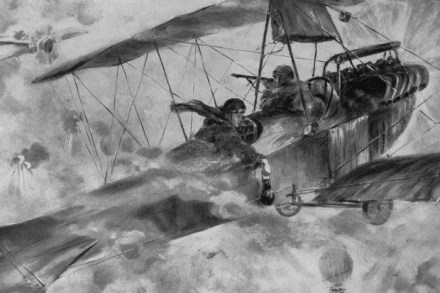The Spectator at war: Efficiency and blundering
From ‘The Threat of Grand Admiral von Tirpitz’, The Spectator, 9 January 1915: THE Manchester Guardian of Tuesday published the text of the interview with Grand Admiral von Tirpitz which appear last week in the New York Sun. This was the interview in which Admiral von Tirpitz seriously proposed that German submarines might declare war on all enemy
















